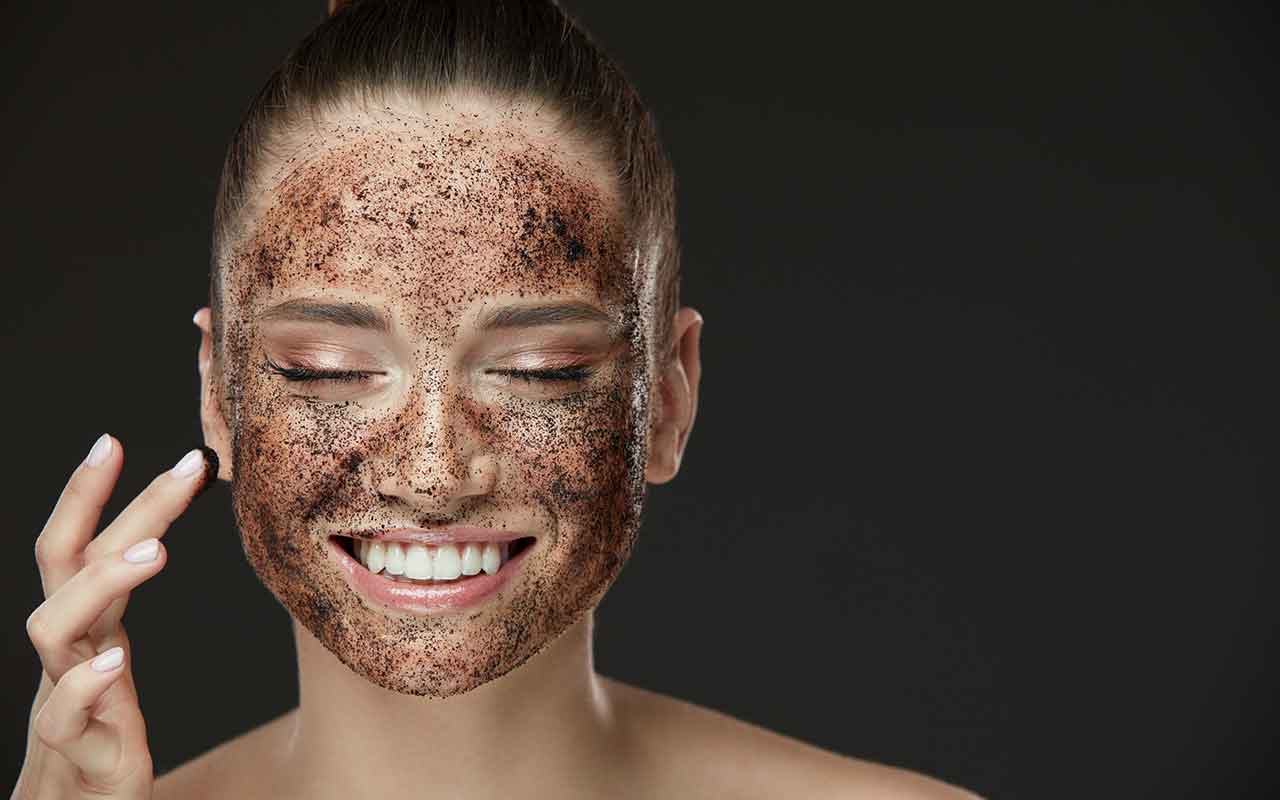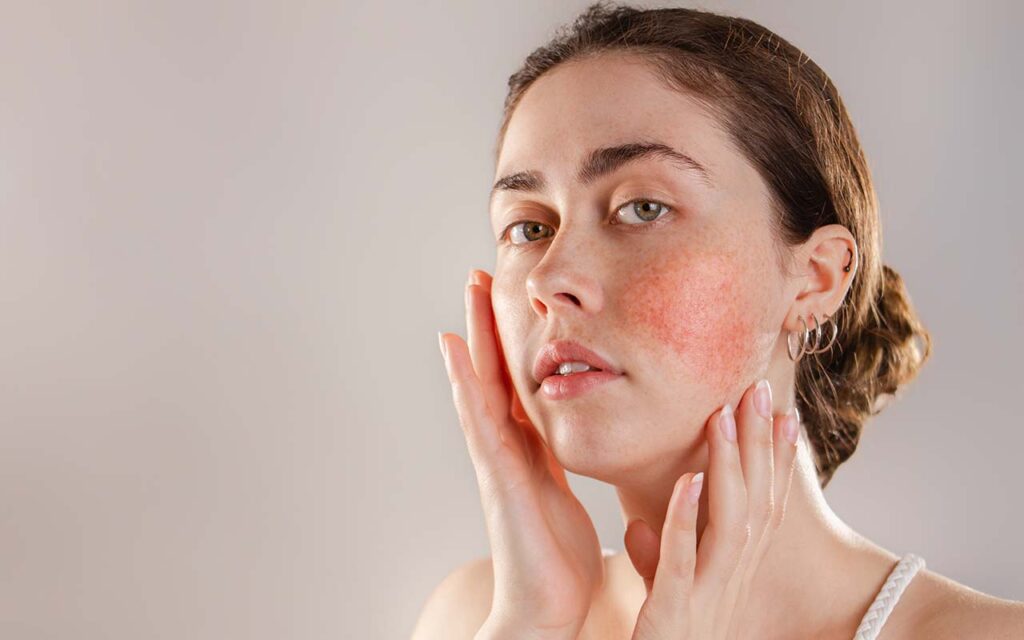Many of us exfoliate our skin – whether our face or body – but should we use a physical or a chemical exfoliator? There’s been a debate about this for quite some time, and the verdict is coming down on the chemical exfoliator side but does depend on your skin and where you are exfoliating.
Many skin experts agree that physical exfoliants can be too abrasive for many skins, particularly sensitive skins. And they’re not great for those who suffer from acne, either.
@byrdiebeauty: “While physical exfoliants are typically more affordable, quicker, and easier to use (as you simply rub the scrub on your skin and rinse it off), they can cause inflammation and small tears in the skin and potentially even lead to infection. Apricot and walnut scrubs can also weaken the skin barrier, making your complexion red and irritated.” Those in the beauty industry agree that exfoliation is an important part of the beauty routine. It removes dead skin cells from the surface, which means we get to see the healthy layer of skin underneath. That’s the one that makes us look youthful (rather than tired and wrinkled). Exfoliating regularly also helps the other products we put on our skin to work more effectively.

Physical scrubs
An exfoliating product with particles (the abrasive part) that rub away at our skin; these could be sugar, sand or some sort of fruit kernel, such as apricot. Some of the larger particles can scratch the skin or even minutely tear it. Essentially though, a physical scrub involves you manually rubbing in the treatment. This can lead to irregular exfoliation.
Chemical scrubs
The words ‘chemical exfoliant’ sound scarier than reality. That’s because a chemical exfoliant is actually a softer and gentler alternative to physical scrubs. The ingredient they use to remove dead skin cells is ‘acid.’ Yes, that may sound frightening too, but hear us out. Two main types of acids are used for exfoliation – AHAs (Alpha Hydroxy Acids) and BHAs (salicylic acid and lactic acid).
The acids work by dissolving the dead skin cells. The chemical scrub (acid) you choose very much depends on your skin type.
- Acne-prone or oily skin. Choose a chemical peel containing salicylic acid. The acid is oil-soluble, meaning it can get into your sebum-clogged pores. But it will also get rid of the dead skin cells on the surface of your skin too.
- Sun-damaged or dry skin. A peel containing lactic acid is best for you. It will hydrate your skin as well as exfoliate it. Other benefits include boosting collagen production, thickening skin, and helping to fight premature ageing.
- Sensitive skin. A chemical peel containing lactic acid is what you need. That’s because lactic acid is gentler than glycolic acid, meaning it contains more moisturising properties.
Find out more
As a former teenage acne sufferer, Vale Laser’s clinical director Emma Griffiths has studied medical-grade skincare for decades. She’s keen to guide you through a new skincare routine to help you maintain healthy skin and make the best of yourself.




